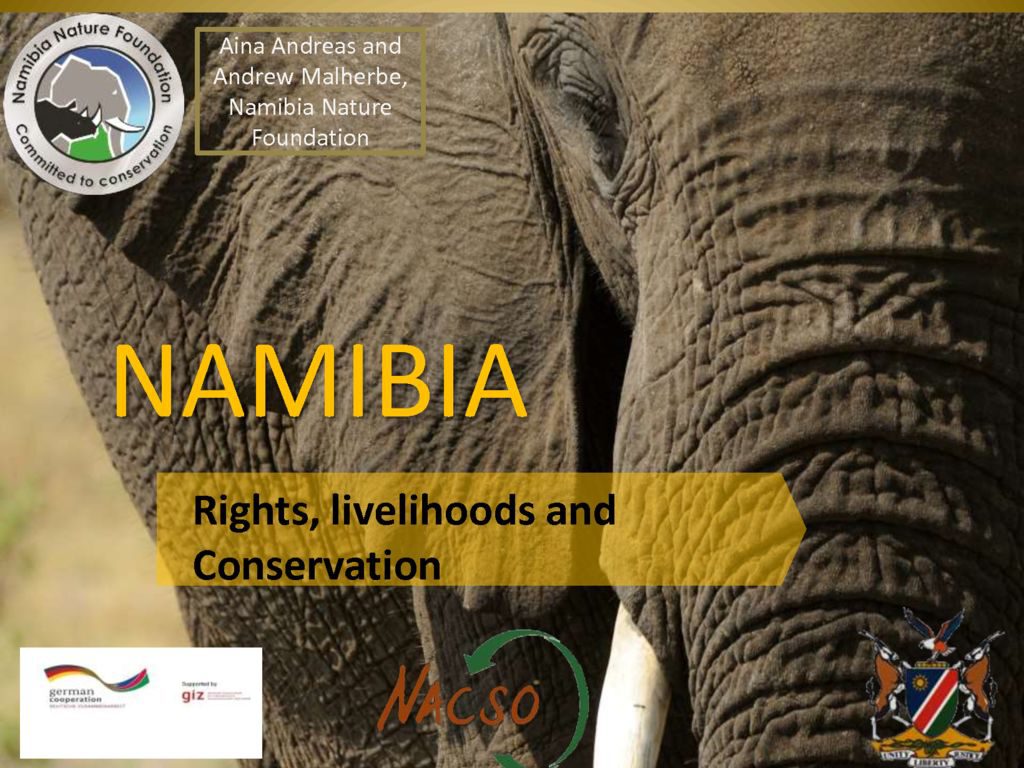12 Mar Africa Livelihoods, Conservation and Rights
Facilitator: Climate Change Network Nigeria
The Africa Conservation Court Hearing (ACCH) is a gathering of diverse rural and urban communities from Africa (predominantly Nigerian communities), where progress and challenges regarding community conservation efforts, resource conservation/management, economic and social well-being – as well as the interactions between these concerns in a rapidly changing climate can be discussed. The ACCH provides an opportunity for evidence-based, undiluted stories of community conservation to be heard directly from local individuals, rather than from a third party. This process allows communities to voice their concerns, and obtain advice on future steps to take to sustain their progress (or to overcome their challenges) from experienced professionals.
The objective of these hearings is to promote bottom-up advocacy through direct stakeholder engagement in order to gain top-down intervention in local challenges within African communities. This is intended to increase experience-sharing, and enhance policy at the local level through the incorporation of indigenous and local knowledge – which then can be used to support effective community conservation approaches and alternative livelihood strategies.
The ACCH encourages communities to focus on increasing sustainable livelihood opportunities and collaborating to achieve their conservation goals, thus promoting the Sustainable Development Goals (SDGs) 11 (sustainable cities and communities), 13 (climate action) and by extension, goals 1 (no poverty) and 2 (zero hunger).
Key Themes:
Livelihoods, Conserved Areas, Wildlife & Fisheries, Places & Spaces
Presented Material:
Speakers:
Surveyor Efik (Climate Change Network Nigeria), Gboye Gabriel Akoro (Climate Change Network Nigeria), Rosemary Ann Ibironke (Human Orientation Movement for Environment), Adewale Lawal Baruwa (Surulere Local Government Council), Ilesanmi James Orunja (Human Orientation Movement for Environment), Kazeem Wale Babatunde (Surulere Local Government Council), Ganiyu Adebola Obatolu (Surulere Local Government Council), Saidi Adisa Okunnu (Surulere Local Government Council)



